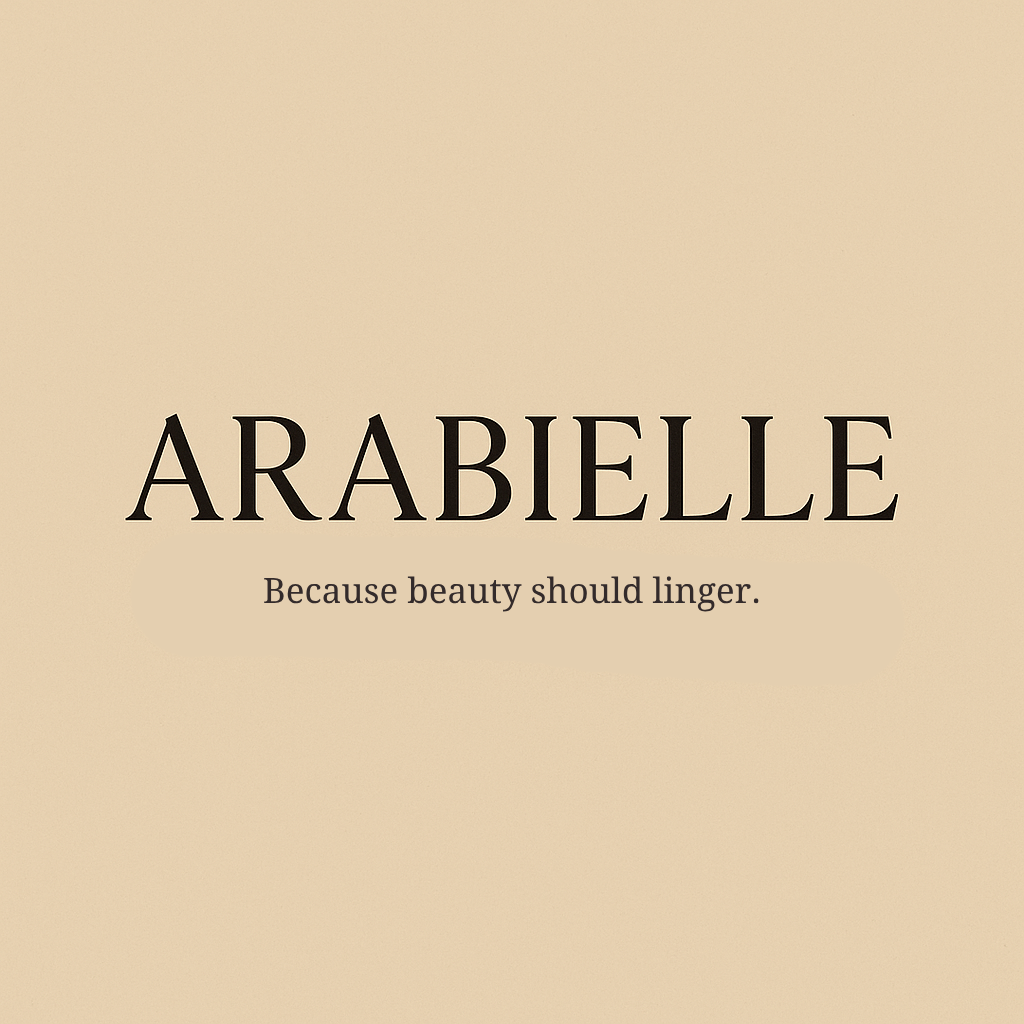Men’s Relationship Goals Uncoded: 5 Powerful Psychological Insights into What Men Truly Seek in Love
Cracking the Code: 5 Powerful Insights into Male Psychology in Love & What Truly Drives Men’s Relationship Goals
“What does he really want?” It’s a question that has echoed through the ages, pondered by women seeking a deeper connection and understanding with the men in their lives. In a world where men are often socialized to be less verbally expressive about their innermost feelings, their motivations and ultimate Men’s Relationship Goals can sometimes feel like an enigma. But are they truly so inscrutable? Or are there common psychological undercurrents that can help us gain a more profound Understanding Men in Relationships?
This isn’t about promoting stereotypes or offering simplistic “men are from Mars” explanations. Individual men, like individual women, are diverse and complex. However, by exploring general themes within Male Psychology in Love, influenced by everything from evolutionary echoes to societal scripts around Masculinity and Relationships, and their often unique paths to experiencing Emotional Intimacy (Men), we can uncover some powerful truths. This deep dive aims to illuminate what often goes unspoken, fostering empathy and stronger connections.
1. The Primal Blueprint: Evolutionary Echoes & The Quest for Significance
While modern relationships are far removed from the survival dynamics of our ancestors, evolutionary psychology suggests that some ancient scripts may still subtly resonate. Historically, a man’s role was often centered around provision, protection, and ensuring the continuation of his lineage. This translated into seeking partners who signaled health, fidelity, and compatibility for building a family or a stable unit.
In today’s world, these echoes might manifest as a deep-seated desire within many men to feel capable, to be a reliable presence, and to build something lasting with a partner. Men’s Relationship Goals can thus be subtly influenced by a drive to find a partnership where they feel they can make a meaningful contribution, where they are seen as competent and strong, and where there’s a shared sense of purpose, even if that purpose is “simply” creating a joyful and stable life together. This isn’t necessarily about dominance, but about a psychological need for significance and effectiveness within the relational context.
2. The Weight and Shape of Masculinity: Societal Scripts and Their Relational Impact
The influence of Masculinity and Relationships is profound. Traditional societal scripts have long dictated that men should be stoic, emotionally restrained, competitive, and the primary providers. While these scripts are evolving, their legacy impacts how many men learn to engage emotionally.
- Emotional Stoicism: If vulnerability is equated with weakness, men might learn to suppress or mask “softer” emotions like sadness, fear, or even deep affection. This doesn’t mean they don’t feel these things; it means their expression of them, and consequently their experience of Emotional Intimacy (Men), might be different. They might show love through actions (acts of service, providing) rather than overt verbal affirmations.
- The Provider Pressure: The weight of being a “good provider” can be immense. For many men, their self-worth is deeply tied to their ability to offer stability and security. This can shape Men’s Relationship Goals towards finding a supportive partner who appreciates their efforts in this domain, or conversely, lead to immense stress if they feel they’re falling short.
- Fear of Failure: The fear of failing as a partner, protector, or provider, based on these ingrained masculine ideals, can be a significant, often unspoken, anxiety. This can make them cautious in commitment or driven to achieve certain external markers of success before feeling “ready” for a deep, long-term partnership.
Understanding these societal pressures is crucial for a more empathetic Understanding Men in Relationships, recognizing that what might seem like emotional distance can sometimes be a learned coping mechanism.
3. The Unspoken Core: 5 Powerful Psychological Drivers of Men’s Relationship Goals
Beyond evolutionary whispers and societal expectations, there are core psychological needs that powerfully drive Male Psychology in Love and shape what men seek in their intimate partnerships. These are the insights that help “crack the code”:
- Insight 1: The Profound Need for Respect and Admiration. This is arguably one of the most critical, yet often misunderstood, emotional needs for many men. For a significant number of men, feeling respected by their partner is a primary way they experience love and validation. It’s not about blind obedience or constant praise for mundane things, but a genuine appreciation for their character, competence, efforts, and the core of who they are. When a man feels his partner truly admires his strengths and believes in him, it fuels his desire to invest in the relationship and be his best self within it. Lack of respect can be deeply wounding and a major catalyst for withdrawal.
- Insight 2: The Quest for a “Safe Harbor” – True Partnership and Unwavering Companionship. Despite any stoic exterior societal scripts may have encouraged, a fundamental human need for deep connection and belonging burns brightly in men. One of their core Men’s Relationship Goals is often to find a true partner-in-life – a best friend, a confidante, someone with whom they can share laughter, navigate challenges, and build a shared history. This “safe harbor” is a place where they can, eventually, let their guard down without fear of judgment or ridicule. Emotional Intimacy (Men) in this context means profound trust, reliability, and the security of knowing their partner is truly on their team, providing a sanctuary from the pressures of the outside world.
- Insight 3: The Innate Desire to Protect and Provide (Redefined for Modern Times). This drive extends far beyond just financial provision or physical protection, though those can still be elements. In modern Male Psychology in Love, this translates into a desire to contribute meaningfully to their partner’s happiness, well-being, and sense of security – be it emotionally, intellectually, or practically. Feeling that they can make a positive difference in their partner’s life, that they can offer support, solve problems, or simply be a source of comfort and strength, gives many men a profound sense of purpose and validation within the relationship. It’s about being a valued contributor to the partnership’s ecosystem.
- Insight 4: The Crucial Balance of Autonomy Within Connection. While men desire connection, many also have a strong psychological need for a degree of autonomy and personal space within that bond. This isn’t a rejection of intimacy, but rather a need to maintain a sense of self, pursue individual interests, and not feel engulfed or overly controlled by the relationship. Fear of losing their independence can be a significant barrier if a relationship feels too enmeshing. Healthy Men’s Relationship Goals often involve finding a partner who understands and respects this need for individuality alongside togetherness, fostering a dynamic where both partners can grow independently and as a couple. This is particularly true for men with more avoidant attachment tendencies.
- Insight 5: The Deep Longing for Uncomplicated Acceptance and Genuine Appreciation. At the heart of it, many men yearn to be accepted for who they truly are – imperfections, quirks, and all – without feeling like they are a constant “project” to be fixed or improved by their partner. This doesn’t mean an absence of growth, but rather a foundation of acceptance for their core being. Genuine appreciation for their efforts, their unique qualities, and the little things they do often speaks volumes, reinforcing their sense of being valued and understood. This creates a positive feedback loop, encouraging further investment and openness.
4. The Evolving Man: Modern Masculinity and Shifting Relational Landscapes
It’s vital to acknowledge that concepts of Masculinity and Relationships are not static. We are witnessing a significant evolution, particularly among younger generations and men who are consciously challenging traditional norms. Many contemporary men:
- Place a higher value on overt Emotional Intimacy (Men), seeking partners with whom they can share their feelings more openly.
- Desire more egalitarian partnerships, with shared responsibilities in domestic life, parenting, and decision-making.
- Actively seek relationships that support mutual personal growth and emotional development.
- Are more willing to engage in conversations about feelings and relationship dynamics.
This shift is positive and indicates that Men’s Relationship Goals are becoming more diverse and often more aligned with what women have traditionally verbalized as their relational needs, paving the way for a deeper Understanding Men in Relationships.
5. Fostering Deeper Connection: What This Means for You
Understanding these psychological underpinnings can transform how you approach your relationship:
- Communicate with Respect and Appreciation: Consciously acknowledge his efforts and strengths. Expressing genuine admiration can be incredibly affirming.
- Create a Safe Space for Vulnerability: Understand that his way of expressing Emotional Intimacy (Men) might differ. Be patient, listen without judgment when he does share, and don’t pressure him to emote in a specific way.
- Recognize Acts of Service as Love: Many men show they care by doing. Appreciate these gestures, as they often stem from a desire to provide and protect.
- Honor His Need for Autonomy: Encourage his individual pursuits and trust in the connection even when you’re not together. This can paradoxically bring him closer.
- Be a True Partner: Engage with him as an equal, a friend, and a confidante. Build that “safe harbor” together.
Conclusion: Beyond the Code, The Shared Human Heart
While societal conditioning and psychological tendencies can shape how love and commitment are expressed and experienced differently, the core desires are profoundly human and often shared. At their heart, Men’s Relationship Goals are about finding meaning, connection, security, companionship, and love – just like women’s. By moving beyond stereotypes and seeking a deeper psychological Understanding Men in Relationships, we can foster more authentic, resilient, and mutually fulfilling partnerships. The “code,” once examined, often reveals a landscape far more familiar and relatable than we might have initially imagined.
What are your thoughts or experiences? Share your insights in the comments below – let’s continue this important conversation!
See also “Adult Attachment Styles Explained: The Ultimate Guide to Understanding Your Patterns & Forging 3 Pathways to a Secure Relationship” to understand more about your style of attachment.
for more insights about the subject see ” How to Understand a Man: 25 Truths You Need to Know “




